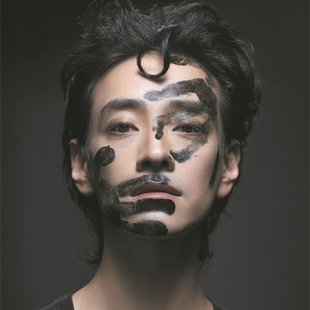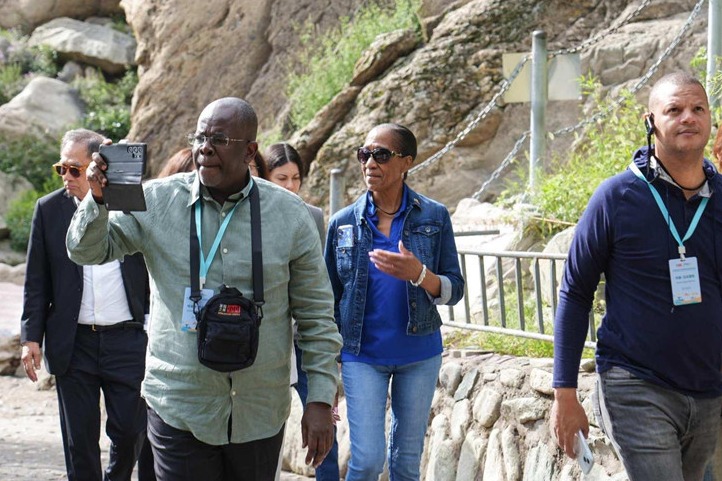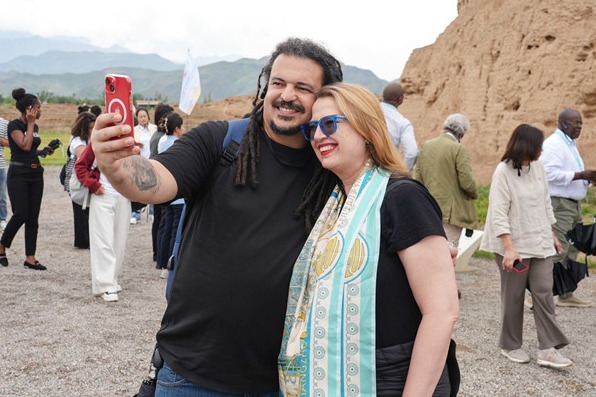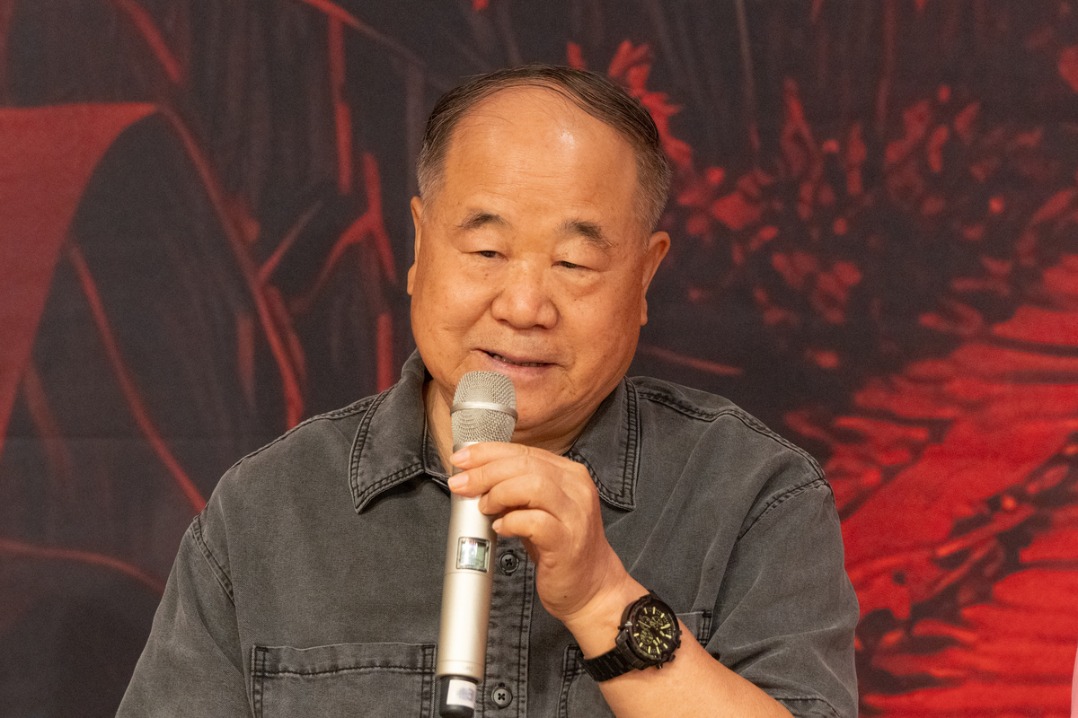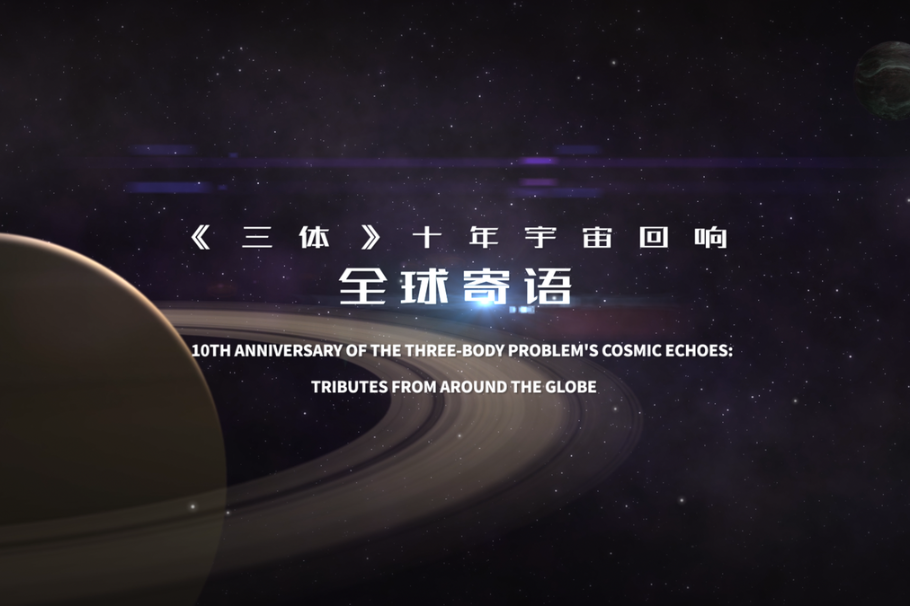To be, or not to be Hamlet today

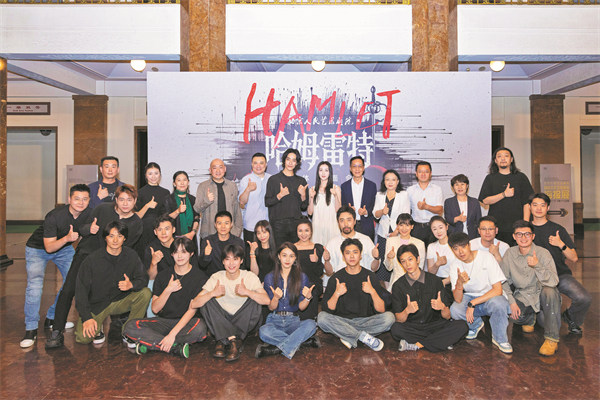
Beijing People's Art Theatre to restage Shakespeare's iconic play by combining a new visual approach, talented young cast and a thoughtful exploration of choice and human nature, Chen Nan reports.
More than four centuries after its debut, Shakespeare's Hamlet continues to resonate across generations, an enduring masterpiece that has been reinterpreted countless times in countless languages.
This autumn, the Beijing People's Art Theatre unveils yet another fresh take on the tragedy of the Danish prince's quest for revenge, marking its newest rendition in a series of explorations of this iconic work.
Audiences can expect a bold reinterpretation, designed not only to deliver a dynamic visual experience but also to provoke reflection on the timeless themes of choices, fate, and human nature.
The new rendition will be staged at the Capital Theater from Sept 19 to Oct 12, with 21 performances scheduled.
The Beijing People's Art Theatre's relationship with Hamlet spans decades. The first production in 1994 featured Pu Cunxin as the titular prince, with actors and actresses including Chen Xiaoyi, Xu Fan, and Liang Guanhua, bringing to life other key characters. A second iteration in 2008, a collaboration with Japan's Shiki Theatre Company, added an international dimension. In 2023, the theater presented a smaller, experimental version that received critical acclaim for its intimate and innovative approach.
This new grand-scale staging in 2025, directed by Feng Yuanzheng and Yang Jiayin, brings Hamlet back to the main stage with an innovative interpretation that challenges the audience to reconsider the play's most famous line: "To be, or not to be, that is the question".
In a reflective moment, Feng, a veteran actor and the president of Beijing People's Art Theatre, says that performing in Hamlet was always his dream, but circumstances never aligned.
"Instead of stepping into the role of Hamlet myself, I can fulfill that dream through directing. In a way, I've found a new kind of fulfillment in this journey — by guiding these young actors, passing on the essence of Shakespeare's masterpiece, and sharing my understanding with the audience," says Feng.
He went on to explain that his deep connection with Hamlet wasn't just about the character or the plot — it was about the timeless nature of the play and its profound exploration of human emotions, fate, and choices.
"Every actor, regardless of experience, can learn from Hamlet's internal struggle. I wanted to create a space where the younger generation could grapple with that complexity," Feng adds. "Through directing, I impart my interpretation of the play, but I also learn something new each time I revisit its themes with these young minds. It feels like entering Hamlet's world in a different way, and I'm still fulfilling that long-held dream."


